
Green Dreams, Concrete Realities
With the coming of a second Trump administration, local action on climate change will be vital for making progress towards both mitigation and adaptation goals. One under-appreciated potential engine for this progress are mid-sized U.S. cities, which fall between the large cities (New York, LA), whose climate plans dominate the news and the small rural communities that are the focus of much of existing research on the green transition. Over the last two years, I’ve focused on the factors that shape climate policy outcomes in mid-sized cities and what they can teach us about local climate policy more broadly.

60.6
Issue 6 of our anniversary volume features an introductory essay by managing editors Christina Greer and Tim Weaver. Featuring Zoltan Hajnal and Jessica Trounstine's 2013 article, “What Underlies Urban Politics? Race, Class, Ideology, Partisanship, and the Urban Vote,” along with a new essay by Hajnal and Trounstine reflecting on their influential work today.

What Drives Adaptation?
While coastal local governments are accustomed to managing disruptions and uncertainty, they will face a pronounced challenge from sea level rise (SLR). SLR has the potential to reshape coastal communities through enhanced coastal flooding, saltwater intrusion, and the eventual loss of habitable land. In the long term, SLR could lead to migration away from low-lying coastal areas, reductions of tax revenue, demand for new infrastructure, and costly damages from extreme weather events, but even today recurrent high tide flooding is already delaying commuters in coastal areas.

Local Investment and Code Enforcement as Potential Moderators to the Criminogenic Effects of Commercial Places
Commercial places are important amenities for any community. Communities and their residents need access to commercial places that provide core goods and services (e.g., retail stores, banks, grocery stores, restaurants). These place types, however, are often associated with higher levels of crime, though there is within-place type variability. In “Do Investment and Code Enforcement Mitigate the Criminogenic Effects of Commercial Places on City Streets?” we examine whether investment and code enforcement actions moderate the criminogenic impact of commercial places.
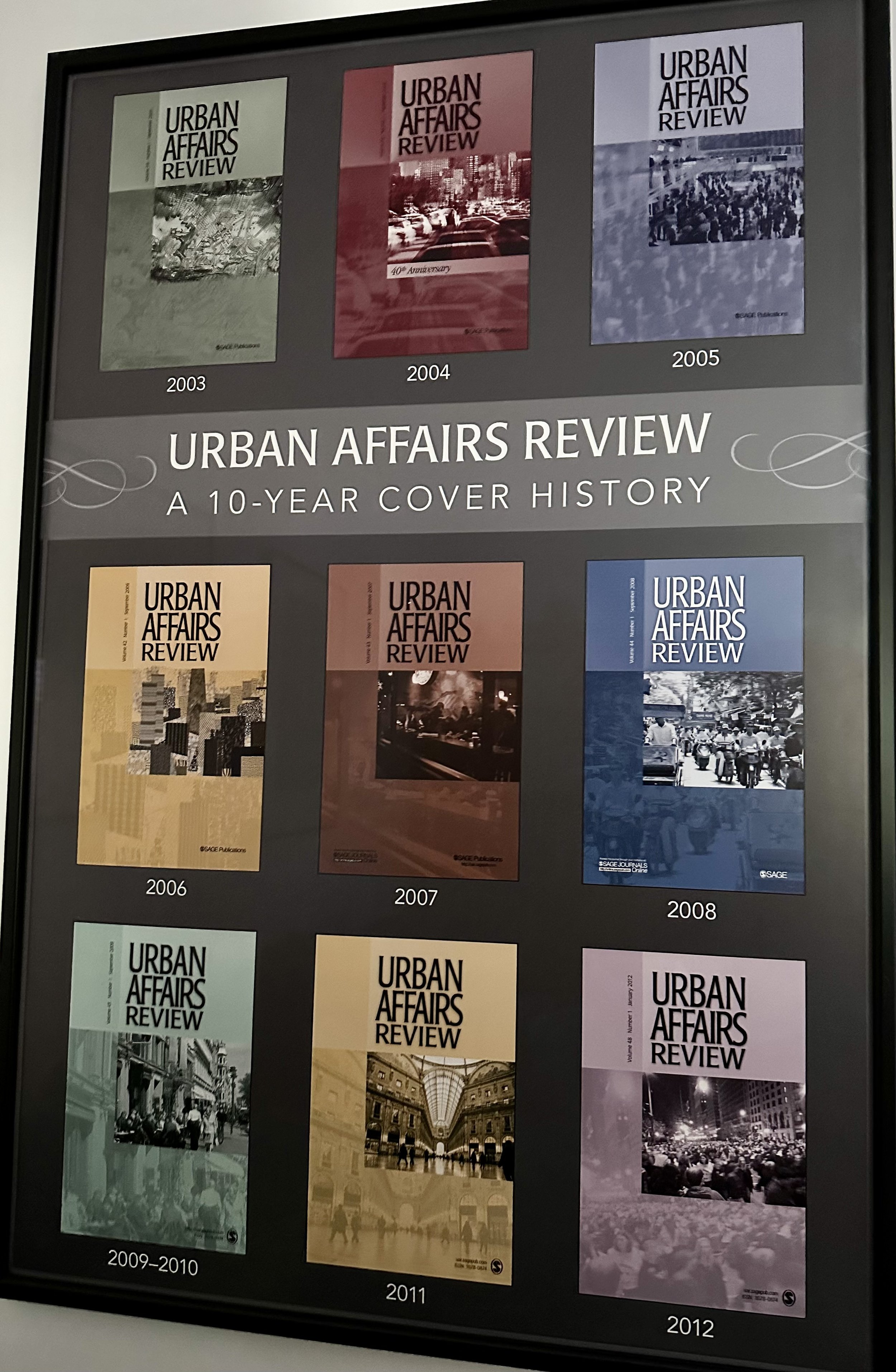
60.5
Issue 5 of our anniversary volume features an introductory essay by managing editors Maureen Donaghy (Rutgers University-Camden) and Yue Zhang (University of Illinois-Chicago). Featuring Jefferey Sellers’ 2005 article, “Re-placing the Nation,” along with a recent essay by Dr. Sellers on urban comparative politics. We’re also pleased to share a wonderful essay by former UAR editors Susan Clarke and Michael Pagano that reflects on their long tenure as editors and the changes in the field.

The Politics of Local Integration Governance
What do we know about horizontal governance relations at the local level? In general, local experiences exhibit two contrasting trends. On the one hand, there is a certain degree of local pragmatism by local governments in developing such relations, as non-public and private actors are key partners in the implementation of integration programs and the delivery of local social services. On the other hand, refugee integration has transformed small localities into battlegrounds with conflicts between pro-migrant non-public actors and local governments.

Studentification and Political Displacement of the Black Worker Electorate
In this case study of university-driven gentrification in Philadelphia, I try to understand the extent to which gentrification driven by universities, or studentification, is related to the victories of progressive candidates and displacement of the Black electorate. Scholars of studentification have understudied its electoral impact. The analysis draws on census and voting data to examine the extent to which political wards that were once a stronghold of Black political power in Philadelphia have studentified, and whether studentified neighborhoods played a role in two elections that saw the unseating of long-time incumbents by progressive newcomers. In other words, this study is trying to get at whether studentification is correlated with political displacement of what W.E.B. Du Bois called “the Black Worker”.
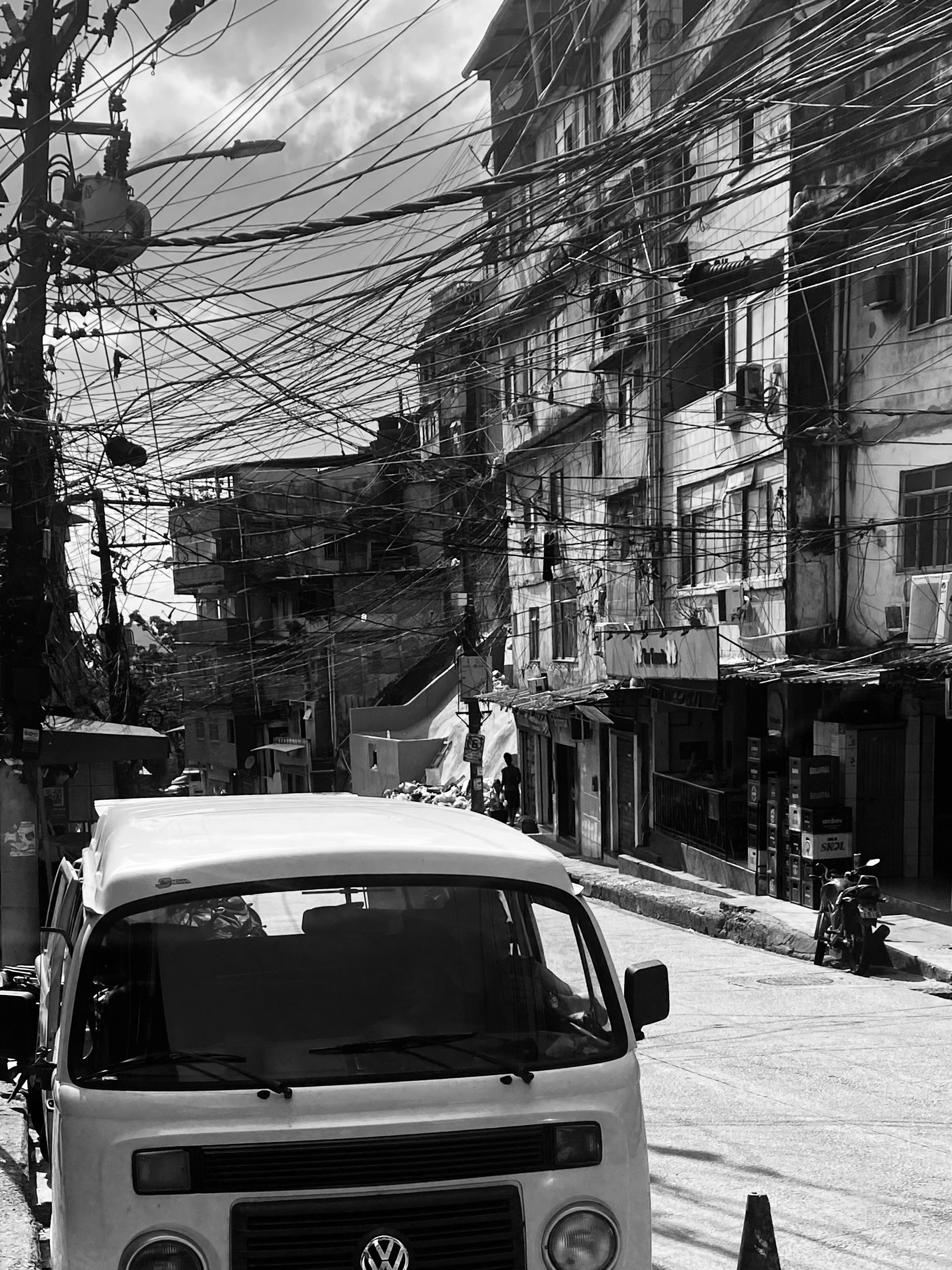
60.4
Issue 4 of our anniversary volume features an introductory essay by managing editors Maureen Donaghy (Rutgers University-Camden) and Yue Zhang (University of Illinois-Chicago). We revisit Larry Bennett’s “Harold Washington and the Black Urban Regime,” which was published in Urban Affairs Review in 1993.
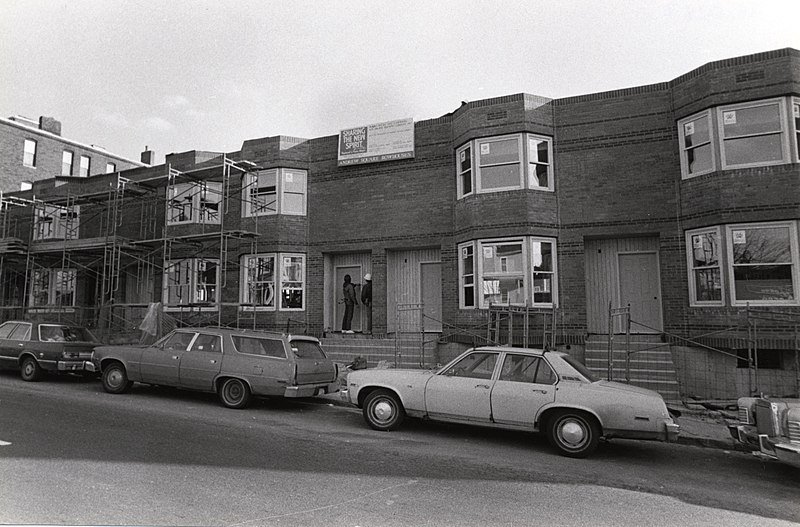
60.3
Issue 3 of our anniversary volume features an introductory essay by managing editors Christina Greer (Fordham University) and Tim Weaver (University at Albany). We revisit Elinor Ostrom’s “The Social Stratification-Government Inequality Thesis Explored,” which was published in Urban Affairs Review in 1983.
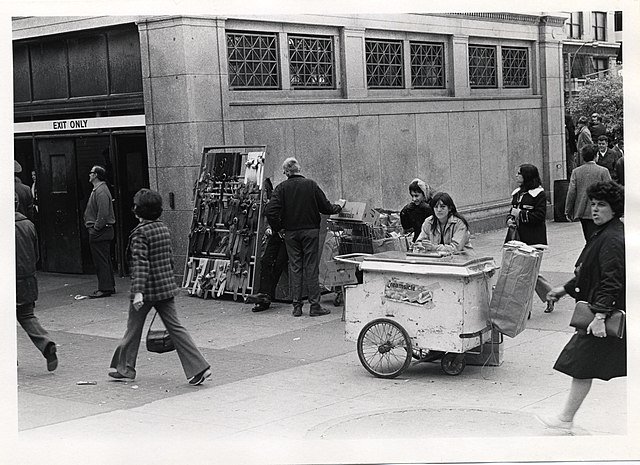
60.2
Issue 2 of our anniversary volume features an introductory essay by managing editors Richardson Dilworth (Drexel University) and Mara Sidney (Rutgers University-Newark). We revisit Michael Lipsky’s “Street-Level Bureaucracy and the Analysis of Urban Reform” published in Urban Affairs Quarterly in 1971.
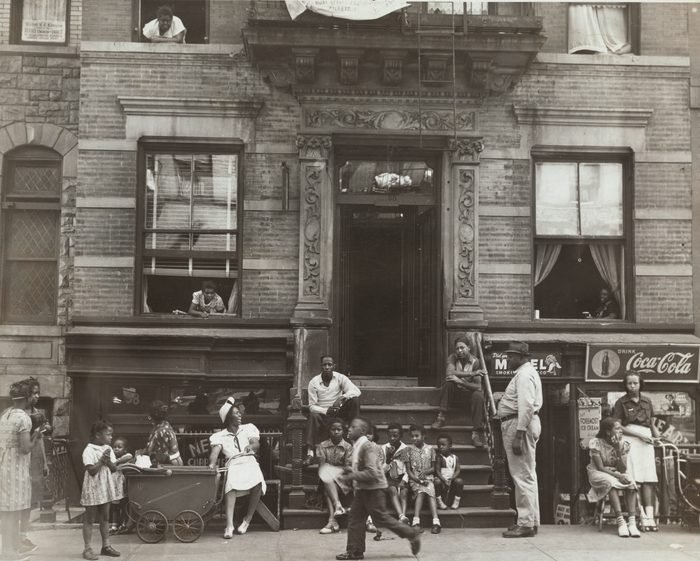

“The councilors are the ones to blame”
When we engage with others, it is not on neutral ground. Instead, we interact on territories marked by power and social distinctions. Take neighborhoods, for example — these areas have social rules and purposes. Some of these rules may dictate that we are not allowed to step on the grass, that we should avoid going there at night, or that they are reserved for those who live there. As this illustrates, territories are not neutral; they shape who we are, how we should behave, for what purpose, and who has a say and ownership over space. Who determines the power dynamics within territories? Literature shows that territories are simultaneously created from above, where the state plays a determinant role and from below by those who inhabit them. However, some questions remain unanswered, particularly the state's role in creating territories vis-á-vis citizens' initiatives.

Using the Urban Regime Framework to Learn from Urban Challenges
In recent decades, developments related to globalization, immigration, the emergence of the post-industrial city, climate change, and the environment have posed challenges for cities all over the world. Scientists try to make sense of these developments and help cities cope with them. An increasingly appealing framework employed to understand and explain these challenges falls under the broad heading of “urban governance.”

It’s Time for a Change: Rethinking Urban Policy in the Age of Trump
Recent political developments in both the United States and Europe have been, to say the least, jarring. They should give us cause to begin a process of systematically re-evaluating many of our accepted orthodoxies in political strategy and policy development. Regarding the latter, the urban sphere is a critical, if not essential, place to start. For embodied in what we call urban policy lies a host of core values and assumptions regarding what has been the central political question since at least the time of Aristotle: Namely, what constitutes the nature of “the good society,” and how it might be achieved? Urban policy – properly understood – thus is best thought of as representational of all matters concerning the public interest, at least in the sphere of domestic affairs.